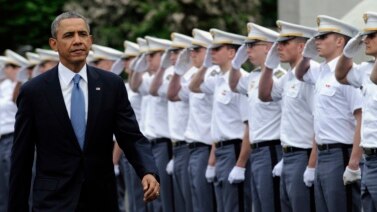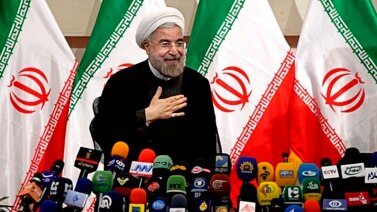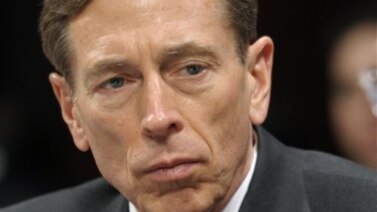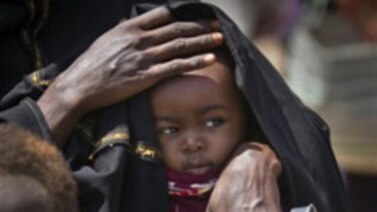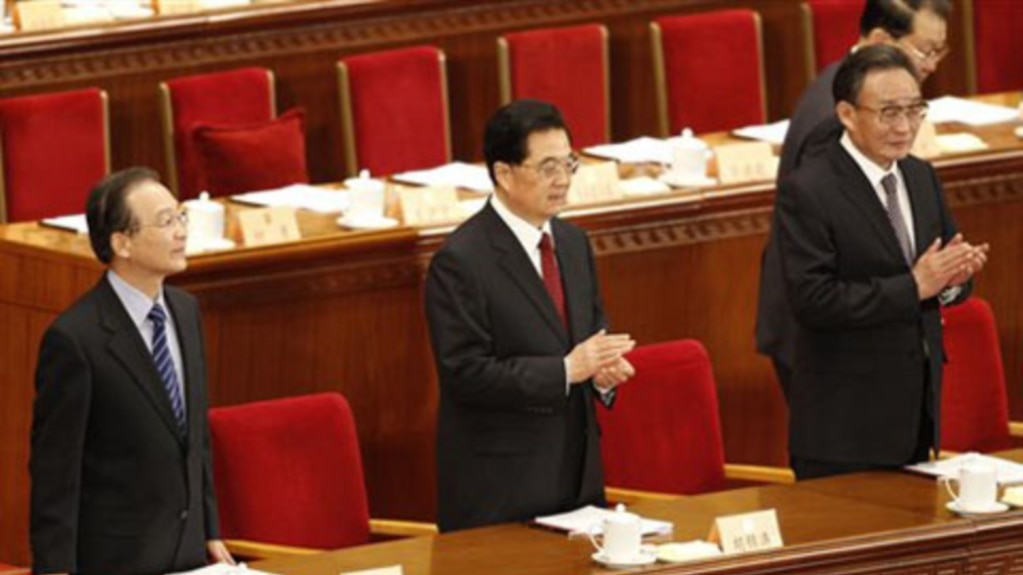
This is IN THE NEWS in VOA Special English.
About three thousand delegates from around China are in Beijing for this year's meeting of the National People's Congress.
The government wants to prevent social problems, and Premier Wen Jiabao says one way to do that is to help the poor.
(SOUND)
Premier Wen recently held a public online chat. He said improving peoples' living conditions will be the starting point for every rule in China's next five-year plan. The plan lists Communist Party goals for twenty eleven through twenty fifteen.
The legislature will give final approval to the plan during its week-long meeting starting Saturday.
Premier Wen suggested that the government also plans to deal with two other problems, corruption and inflation. Inflation in January was just under five percent, but food prices rose more than ten percent.
Huang Jing, a public policy professor at the University of Singapore, says fighting corruption should be a top concern for the government.
Professor Huang says another issue is the growing wealth gap in China. Mr. Huang says China needs political reforms to help spread its wealth from thirty years of economic opening.
But the group Chinese Human Rights Defenders warns of what it calls a "new wave of frenzied repression."
Last Sunday, security forces detained and harassed foreign reporters in Beijing. One American journalist was beaten so badly, he was hospitalized.
It happened in the Wangfujing shopping area. The journalists were there to report on a small group of people who answered Internet calls for public gatherings. These have been called to support the "jasmine revolutions" in North Africa and the Middle East and to call for reform in China.
One activist detained in a Beijing hotel says the police told her she can go free after the National People’s Congress is over.
On Friday, a legislative spokesman said China will increase defense spending by almost thirteen percent. This has been about the average since nineteen eighty-nine, except for a smaller increase last year.
Chinese officials have pointed out that their defense budget is much smaller than the American total. But some experts say China spends a lot more than its official amount.
China says it needs to modernize its forces. It says its plans are not a threat to any country.
Security expert James Nolt is dean of the New York Institute of Technology campus at Nanjing University in China. He says much of the defense increase will go toward rising costs for new equipment. He also says some of the money will be spent on higher wages for people with higher skills.
JAMES NOLT: "In my view it does not represent a significant change in capability. It represents an increase in costs in order to maintain existing capabilities, relative to other countries."
Even so, Japan's foreign minister says his country "cannot help worrying about what all the money is used for."
And that's IN THE NEWS in VOA Special English. I'm Steve Ember.
Contributing: Heda Bayron, Stephanie Ho and Peter Simpson
